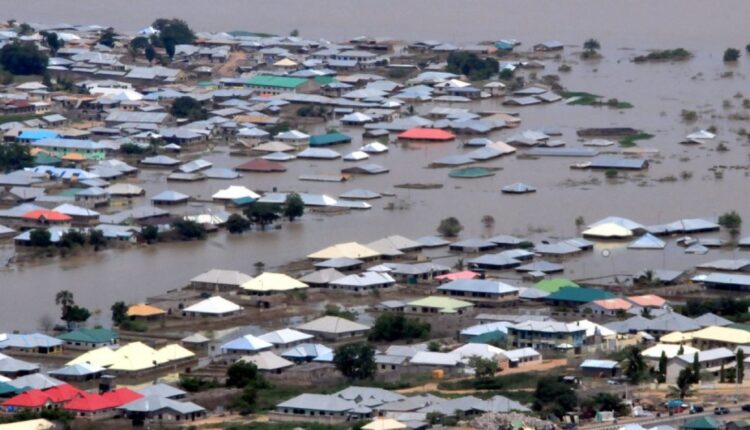The death toll from the recent flood in Jigawa State has risen to 33, according to Minister of Defence Mohammed Badaru Abubakar.
On Saturday, Abubakar, a former governor of Jigawa State, released the updated figure and extended condolences to the state government and the families affected by the disaster. He reported that the flood had impacted 148 communities across 14 local government areas, affecting about 50,000 people and more than 11,500 households.
Abubakar detailed, “Over 148 communities were affected. 7,500 households were affected, over 50,000 people were affected, and about 11,500 farmlands were also affected while we lost 33 indigenes of the state as a result of this affliction,” during his visit to Governor Umar Namadi in Dutse, the state capital.
Governor Umar Namadi expressed gratitude for the minister’s visit, saying, “I am sure so many people in Abuja are also sympathizing with you. This situation is for all of us.” He added, “You still decided to be here physically.”
The state government is expecting relief materials from the Federal Government as it continues to manage the aftermath of the recent heavy rains.
Jigawa State, like other agrarian regions, faces annual flooding, but this event has been the worst on record, according to the State Emergency Management Agency (SEMA). Yusuf Sani, head of Jigawa’s SEMA, reported on Monday, “Cumulatively, we have recorded 50 deaths from flooding across the 27 local governments in the state.”

Sani further noted, “The last few days have been quite challenging as rain fell for three days non-stop.” Emergency workers have been sent to assess the displaced, estimating their number to be in the “thousands.”
The Kafin Hausa district has been the most severely affected, with 10 people killed, 68 hospitalized, and 1,436 displaced, primarily from Balangu village, where 237 houses were destroyed. Eleven temporary shelters, including schools closed for the holiday, have been established for the displaced.
Aminu Ibrahim, who lost his home in Kirikasamma district, is now residing with relatives in a primary school along with 12 other displaced families.
Emergency officials are concerned that the situation may worsen with additional torrential rains expected in the coming days. There are also concerns about the imminent release of water from the Komadugu River to prevent the banks from bursting. Sani advised, “We have asked all residents of villages along the river banks to evacuate as soon as possible because the water would be released any moment from now.”

Furthermore, local official Hamza Muhammad noted that the annual overflow of the Tiga and Challawa rivers from Kano state into Jigawa “substantially aggravates flooding” in the state. He attributed the unusually heavy rains to “climate change,” which has worsened the situation.
Other contributing factors include insufficient drainage, clogged river canals, and illegal constructions on waterways. In 2020, floods killed at least 40 people and destroyed over 100,000 hectares (247,000 acres) of crops in the state, according to SEMA. In the most recent incident, flooding on August 4, following two days of heavy downpours, killed three people and displaced nearly 500 in Ajingi district, as reported by Jalli.

